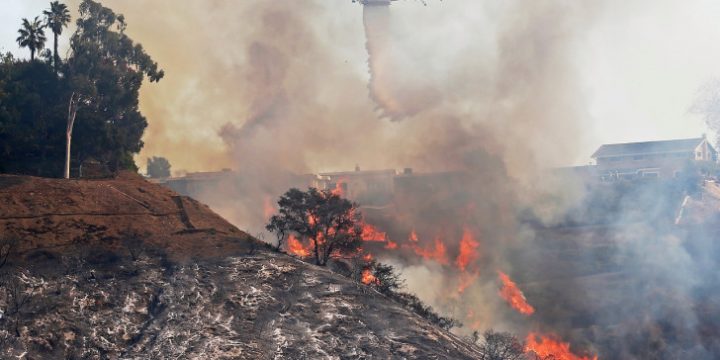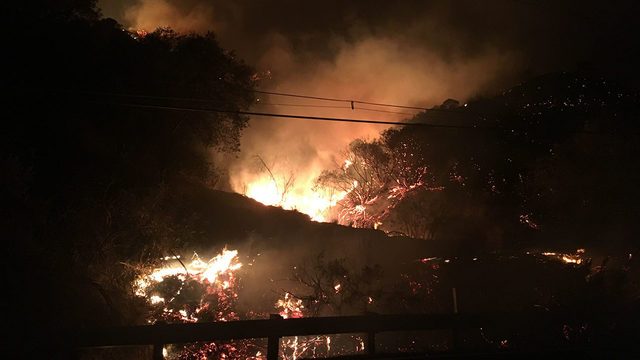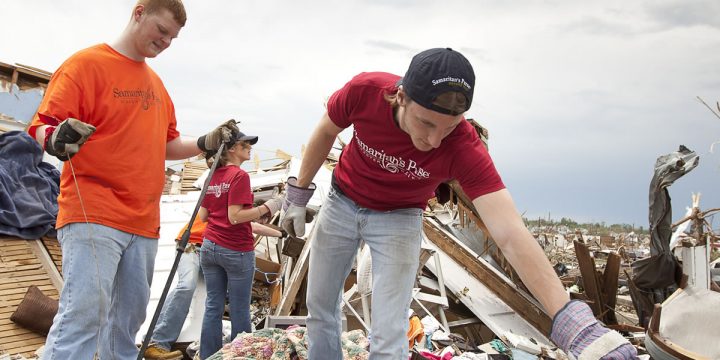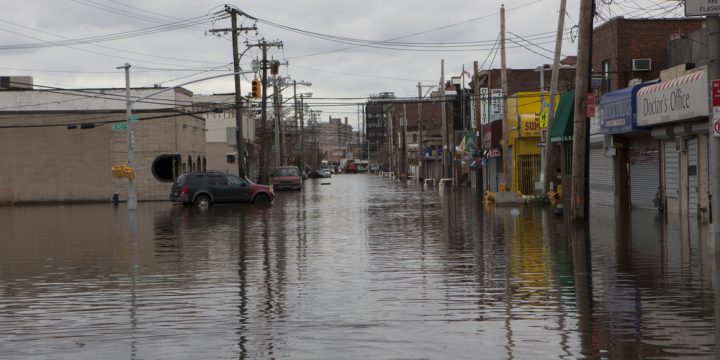
Should utilities turn off the electricity when wildfire risk is high?
Credit: Mercury News With strong winds blowing and bone-dry conditions, utility officials in San Diego on Thursday began shutting off the power to thousands of people — a pre-emptive move to reduce the danger of power lines sparking wildfires.It’s a controversial approach that may soon become a growing trend across California. As huge fires continued to envelope parts of Los Angeles and Ventura counties, San Diego Gas & Electric cut electricity to 12,000 customers in San Diego County by Thursday afternoon, after Santa Ana winds reached 88 mph in some rural areas. Even though no fires were burning in San Diego County on Thursday morning, the utility notified up to 170,000 customers that they could have their power shut off by Saturday as a safety precaution, and that electricity in some affected communities wouldn’t…



